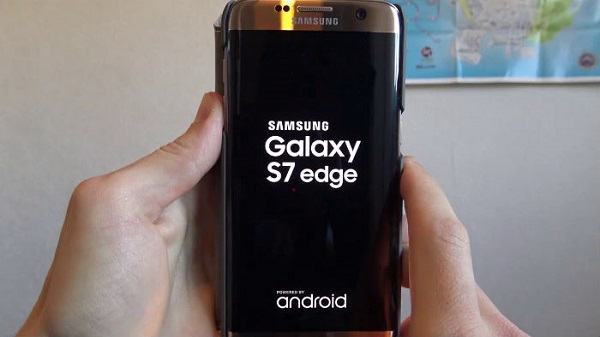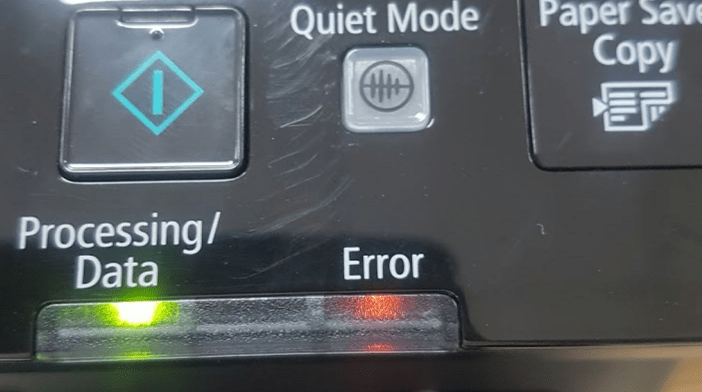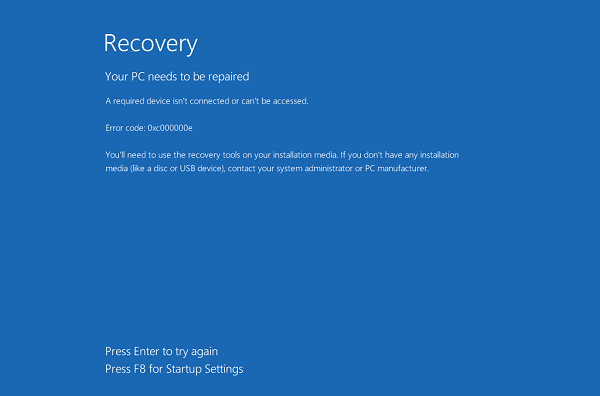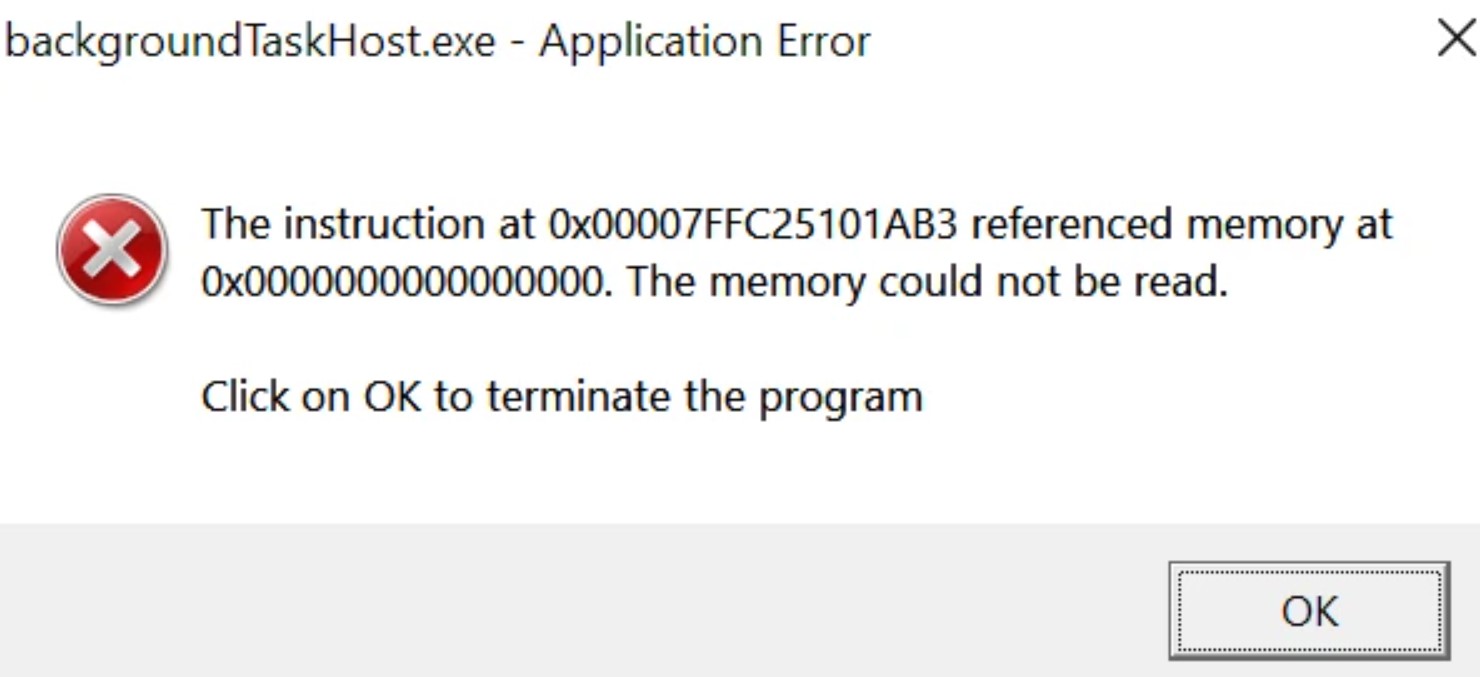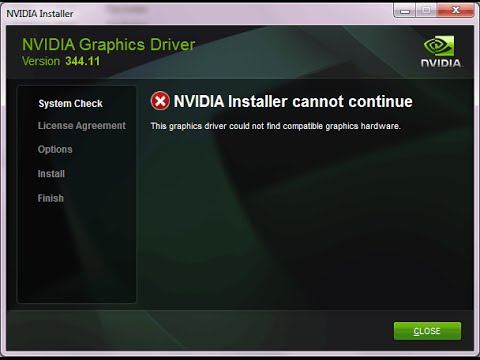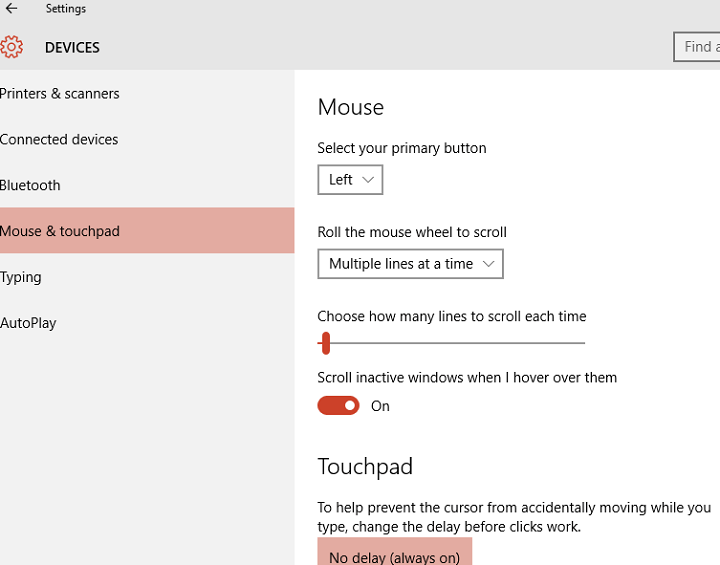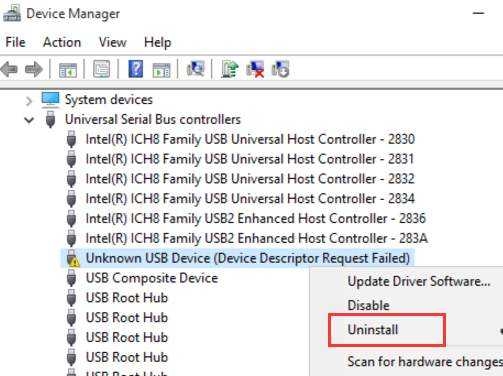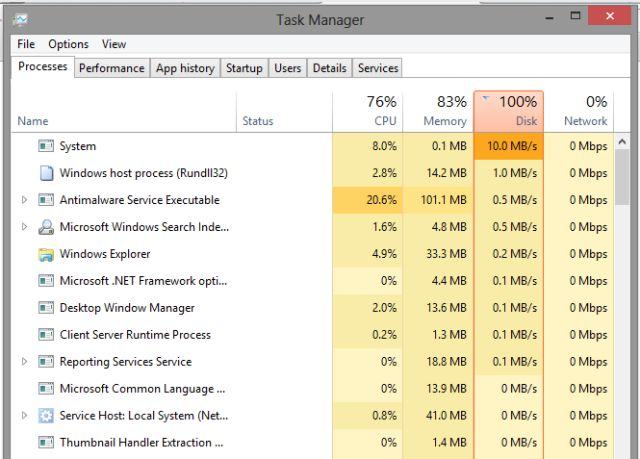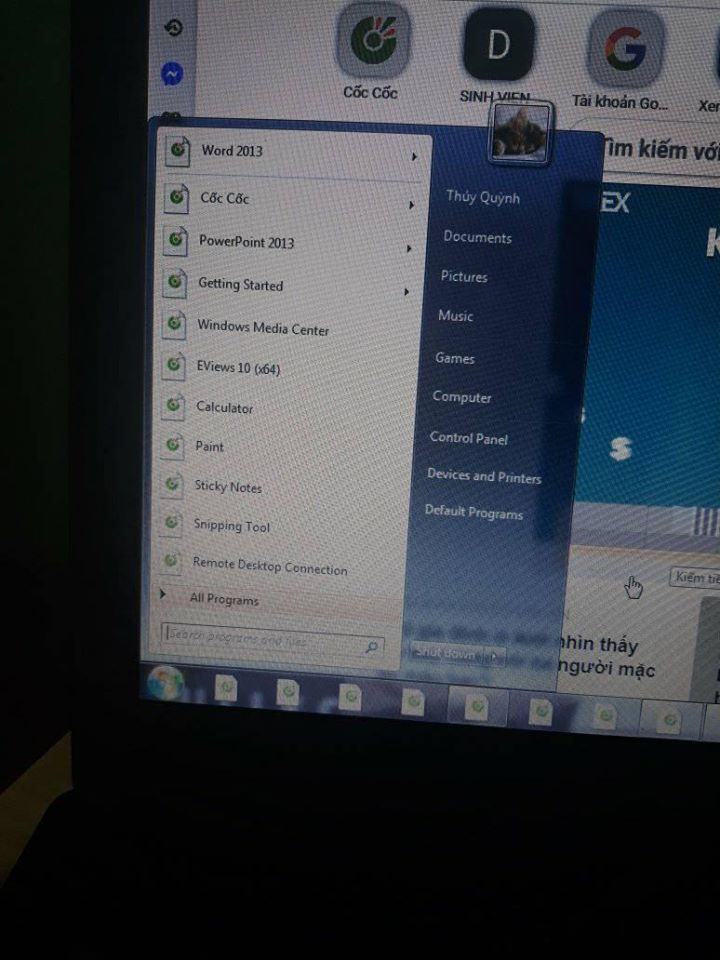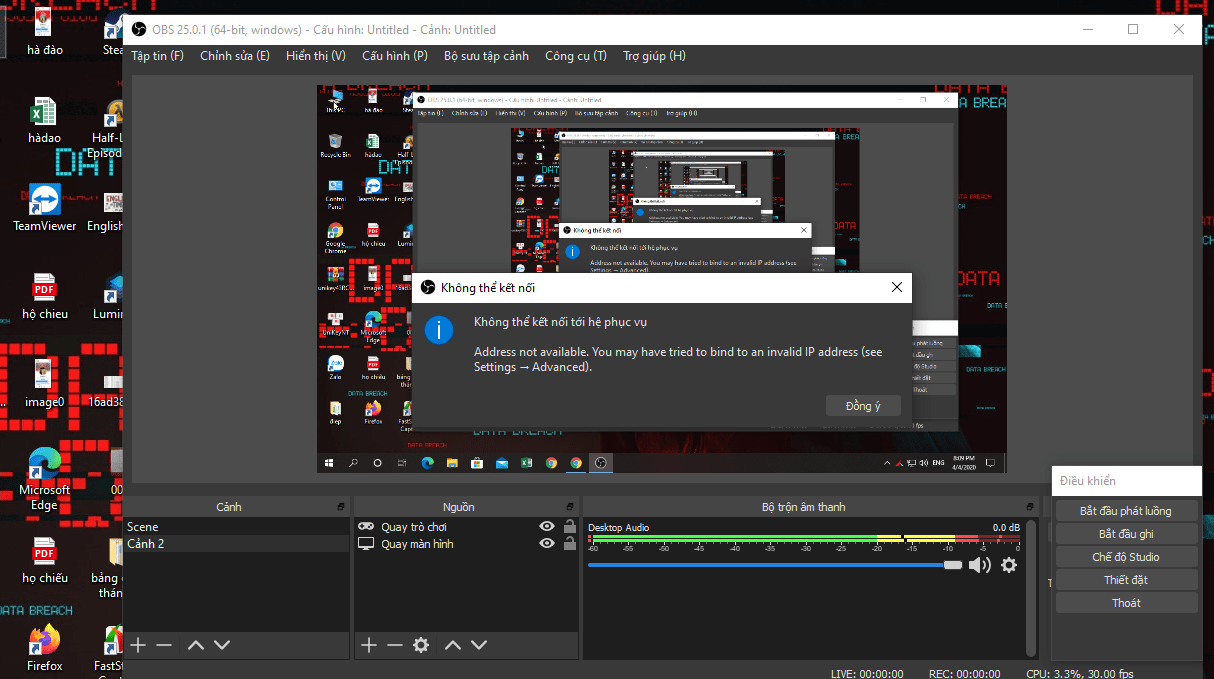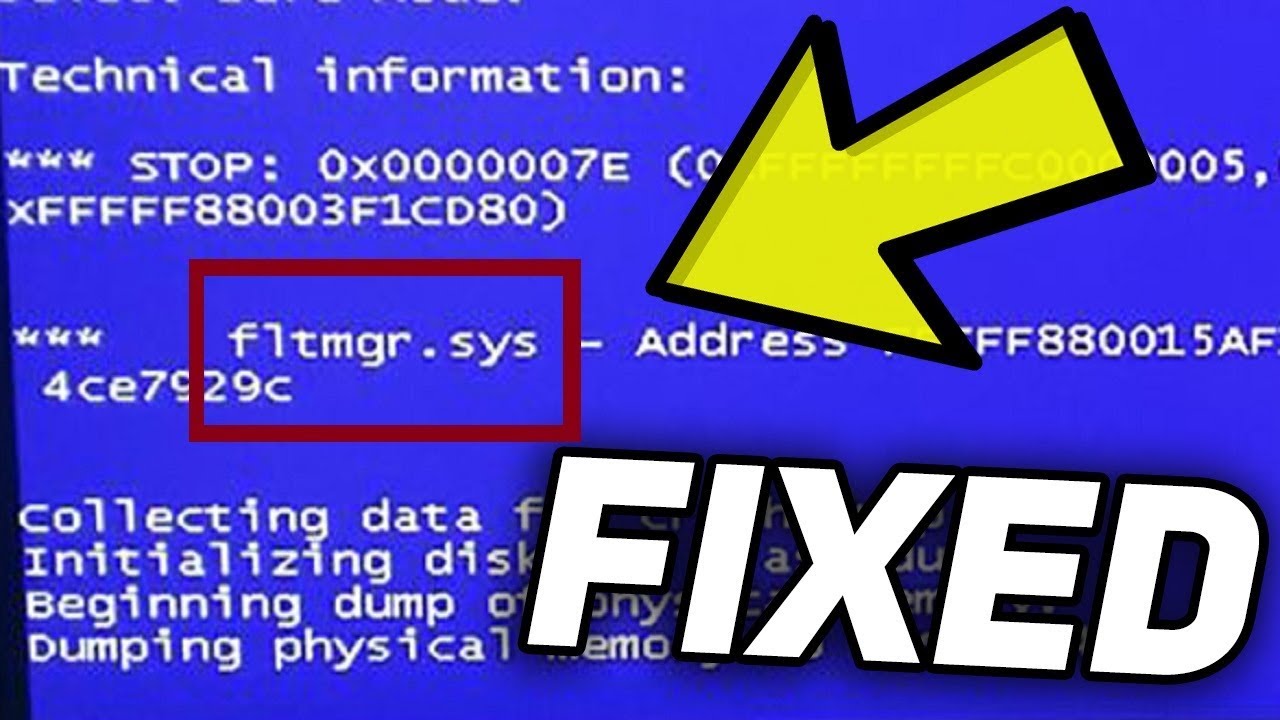Google has successfully developed a feature that helps Chrome “help” eat up RAM on both Windows 10 and Android. According to the Chromium website, PartitionAlloc is simply understood as a RAM allocator, which is responsible for allocating enough RAM to Chrome components that are using resources without making Chrome eat up too much RAM. The most important purpose of PartitionAlloc is security, this technology will isolate different partitions in URL space. This will prevent malicious programs from entering the operating system. Its other functions include helping Chrome to launch faster, internal web pages loading faster, and reducing RAM consumption.
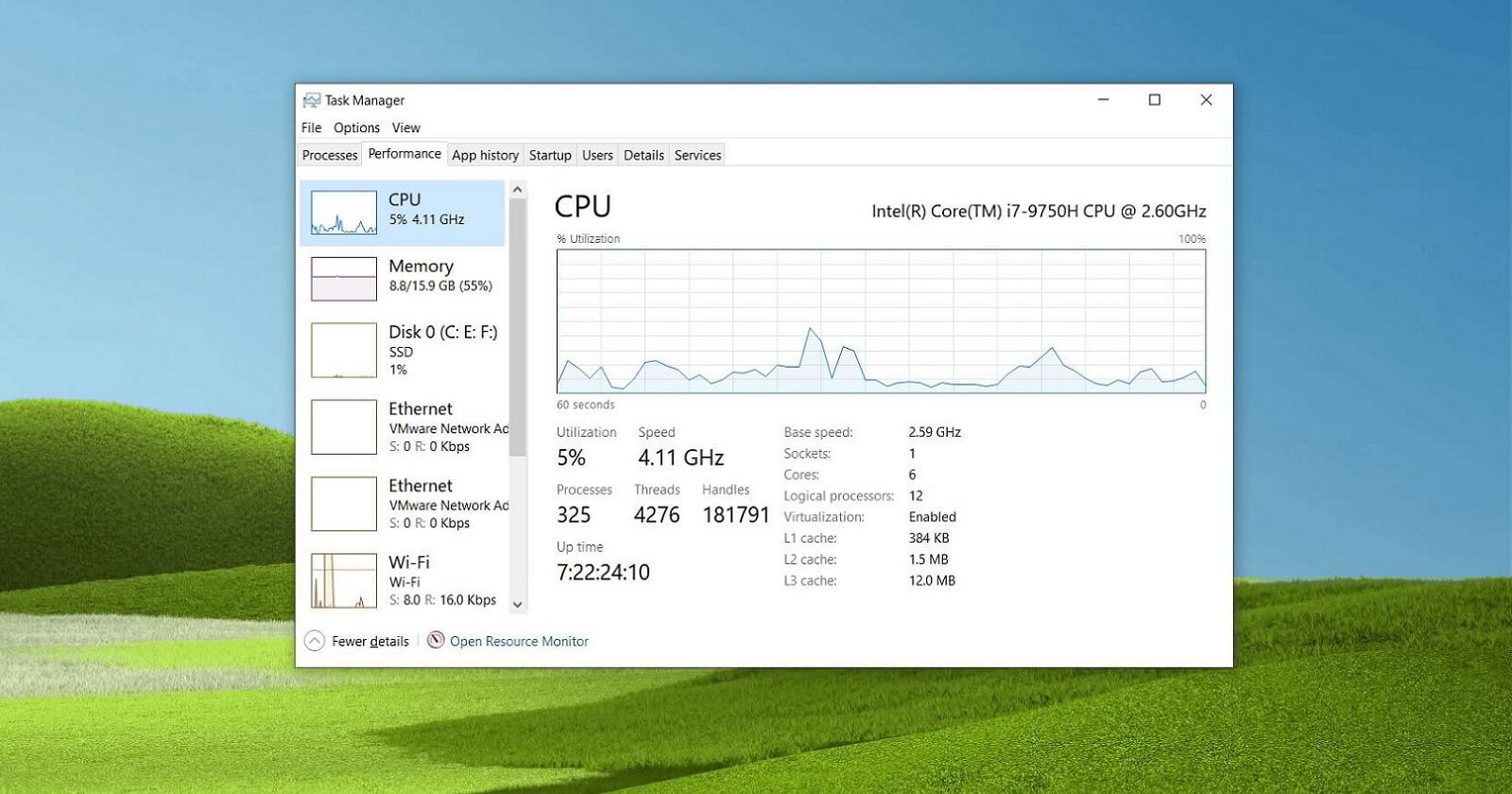
Google started working on this feature last year and is currently rolling out to Chrome Beta users for Android and Windows. Google is also bringing this technology to Chrome for Linux, and the giant promises to bring PartitionAlloc everywhere to improve Chrome’s performance on Windows 10, Android, Linux and possibly other platforms.
In addition to Windows 10 and Linux, Google is also testing “PartitionAlloc-Everywhere” for Android. According to recent Google tests, Chrome on Android uses less RAM, increases performance and stability except for moderate GPU performance, with a small lag. Regarding the practical improvement effect on Windows 10 and Android, PartitionAlloc’s effectiveness is still unclear and needs more testing.

